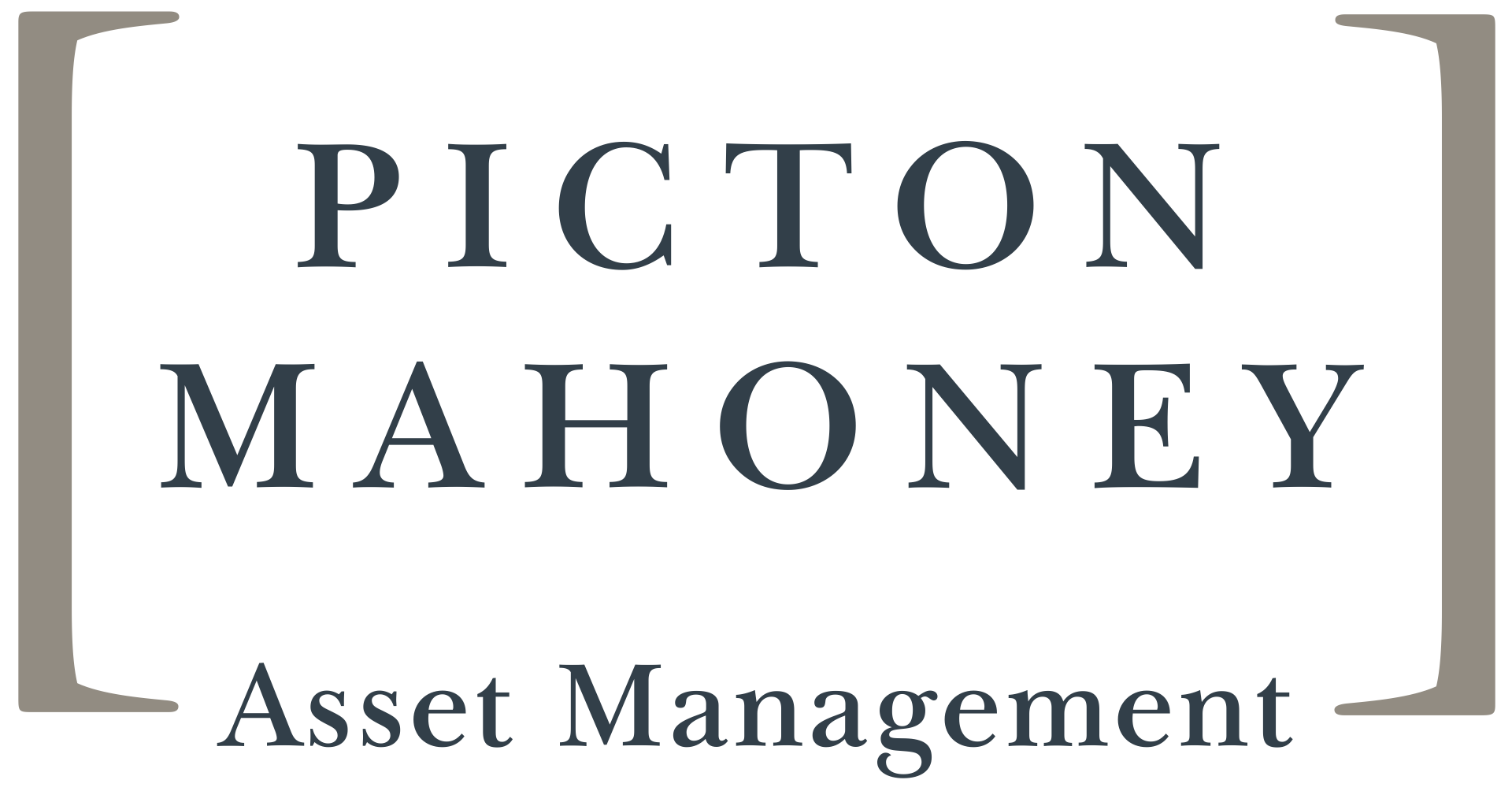Picton Mahoney’s book recommendations to inspire a productive year ahead
The new year brings a new opportunity for growth and positive change. Out with the old habits (which may not have served you well), and in with new ones that can inspire greater success. Whether you’re looking to think more clearly, unleash your creativity or be more productive, these books offer helpful tips and valuable insights. Here are Picton Mahoney’s recommended reads for anyone looking to reset for the year ahead.
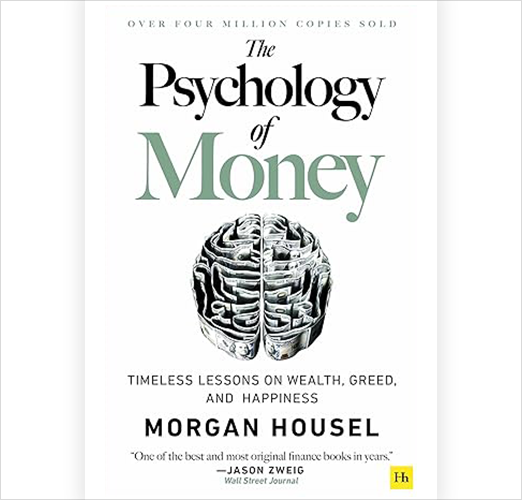
The Psychology of Money: Timeless lessons on wealth, greed and happiness
I recommend The Psychology of Money, published a few years ago by Morgan Housel, a former columnist for The Wall Street Journal and The Motley Fool. It was recommended to me by an advisor client, and I found it both fascinating and insightful. There are several entertaining anecdotes that expose powerful concepts for almost anyone in the wealth management industry. They illustrate how and why people make good and bad decisions with their money, and the incredible amount of luck and randomness involved in financial success.
Recommended By: Sam Acton, CFA, Portfolio Manager, Fixed Income
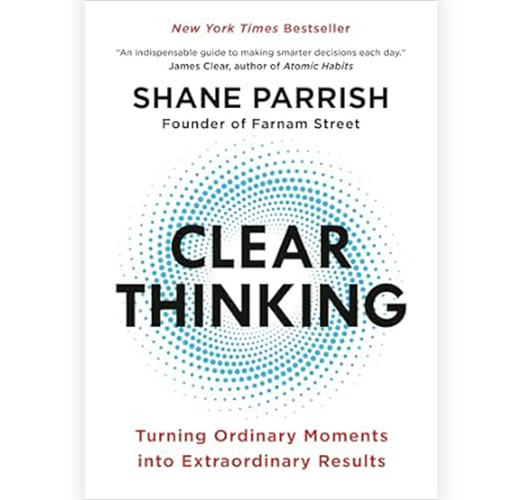
Clear Thinking: Turning Ordinary Moments into Extraordinary Results
Shane Parrish is the well-known Canadian author behind the Farnam Street blog. He’s a former cybersecurity expert with Canada’s intelligence agency and a student of the world’s great thinkers. (The name of his blog is an homage to his idols Warren Buffett and Charlie Munger at Berkshire Hathaway, whose corporate address in Omaha, Nebraska, is 3555 Farnam Street.) Parrish’s blog started as a method of self-improvement, and quickly gained popularity among Wall Street executives looking for a competitive edge. He wrote Clear Thinking to help readers improve their decision-making skills and think more clearly in the moments that matter most.
Recommended By: Craig Chilton, CFA, Portfolio Manager, Merger Arbitrage
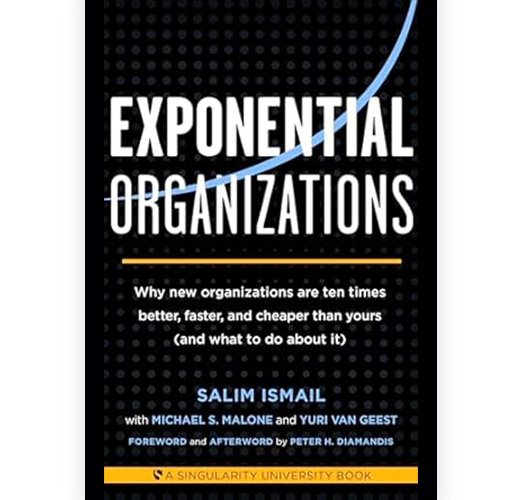
Exponential Organizations: Why new organizations are ten times better, faster, and cheaper than yours (and what to do about it)
At the top of my reading list this winter is Exponential Organizations by Salim Ismail, tech entrepreneur, venture capitalist and co-founder of Singularity University. I think it will provide me with a better big-picture perspective for the year ahead. The book analyzes disruptive, fast-growing companies and tries to isolate what it is that makes them better, faster and more scalable than the old corporate stalwarts. In business, I think you always want to be on the side of the disruptors, not the disrupted. I anticipate this book will help me get into that mindset of alternative thinking, challenging convention and doing things differently.
Recommended By: Luba Czyrsky, Director of Content
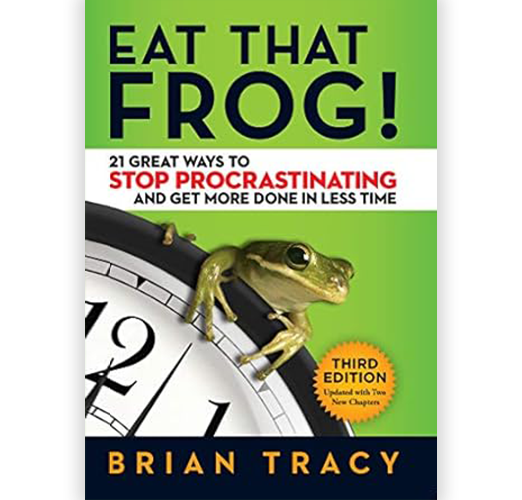
Eat That Frog: 21 Great Ways to Stop Procrastinating and Get More Done in Less Time
For anyone seeking to be more productive in 2024, I recommend Eat That Frog by Brian Tracy. Eating that frog means tackling your most challenging task – which is also the task that can have the greatest positive impact on your life. The book is a very quick read on one simple habit that can improve time management and productivity. Another recommendation is Nonviolent Communication: A Language of Life by Marshall B. Rosenberg. The book is about a structured communication method that can help break down barriers in all kinds of relationships, from sales to interpersonal communications, for more productive outcomes.
Recommended By: Sean Handrahan, Investment Analyst
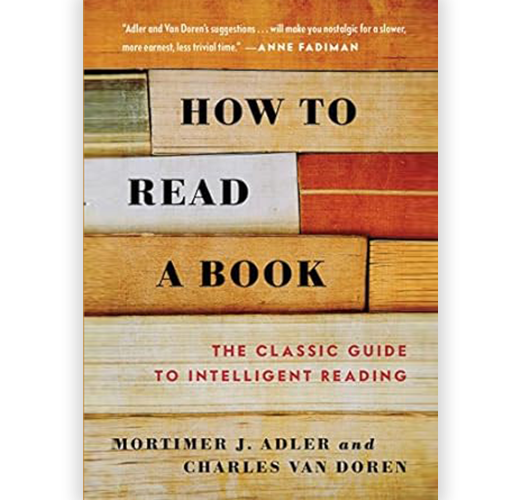
How to Read a Book: The Classic Guide to Intelligent Reading
Years ago, when I was in my 20s, I read a book called How to Read a Book, by Mortimer Adler. I’ve always loved used bookstores – just browsing and having ideas find you – and I came across this book, which sounded like such a crazy book to read, but it changed how I think and learn. After reading this book, I started the habit of waking up early every morning and spending a few hours reading and learning. To this day, I still get up early every day to learn something new and expand my horizons, and that’s what this book taught me.
Recommended By: Phil Mesman, CFA, Head of Fixed Income
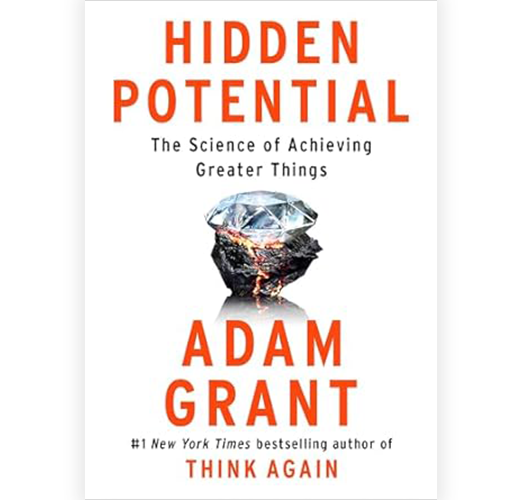
Hidden Potential: The Science of Achieving Greater Things
Adam Grant’s new book, Hidden Potential, is one of my top priorities to read for 2024! As an organizational psychologist, Adam Grant specializes in helping others uncover their potential through strategies focused on maintaining an open mind and adopting a “scientific mindset.” I anticipate this book will offer a unique perspective, deviating from the typical emphasis on habit-building for success. Instead, it focuses on the significance of character development and motivational structures in achieving success and finding purpose in the journey. I believe it will serve as a valuable resource for stepping back, recharging and gaining a fresh outlook on the year ahead.
Recommended By: Marla Rautanen, Director, People & Culture
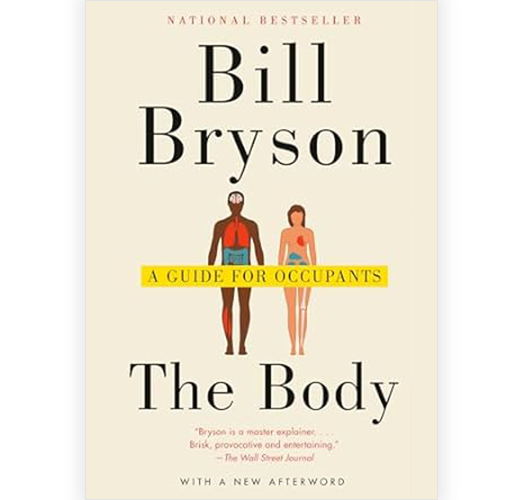
The Body: A Guide for Occupants
It’s been many years since my last biology class in university and, as I age, I feel the need to refresh my understanding of how the body works. My goal is to optimize my next 50 years – or more! That starts with discipline and a solid knowledge base about the body I’m living in. Like the author’s previous books, I anticipate The Body: A Guide for Occupants will be a thoroughly researched head-to-toe tour through the human body and the truly miraculous ways it functions and heals itself. Bill Bryson is a deeply engaging writer, with an incredible ability to cover complex topics in a very entertaining way.
Recommended By: Dean Shepard, Chief Revenue Officer and Managing Partner
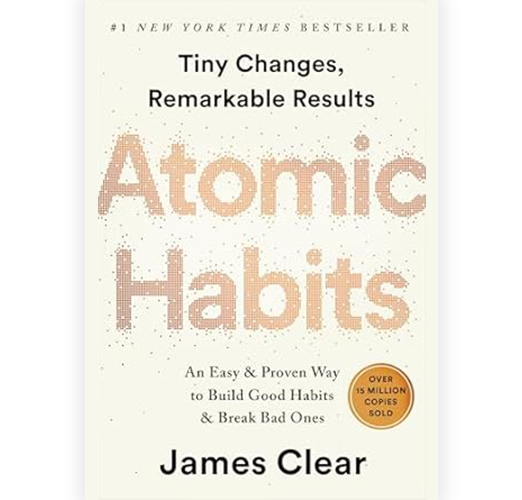
Atomic Habits: An Easy & Proven Way to Build Good Habits & Break Bad Ones
If you’re looking to be more productive and build better habits in the new year, my pick would be Atomic Habits by James Clear. I found it to be hugely motivational, and its basic premise is simple and solid: start small, in bite-size chunks, develop habits that you do repeatedly, and set up your environment such that it encourages good habits and discourages bad ones. Clear draws on biology, psychology and neuroscience to come up with practical strategies that really work – like his “two minute rule,” which is simply, if you can do it in two minutes, do it now, and make it a routine. If you’re looking to make changes in any aspect of your life, this book will help you get started.
Recommended By: Revathy Venugopal, Vice President, Digital Product Management
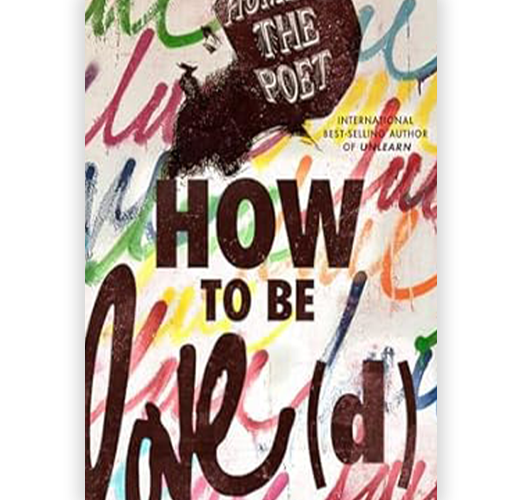
How to Be Love(d): Simple Truths for Going Easier on Yourself, Embracing Imperfection & Loving Your Way to a Better Life
There are two books I’ve read in the past year that I’d recommend to anyone who wants to learn to let go of the drive for perfection. Both books encourage self-compassion and accepting imperfection in both yourself and the world around you. How to be Love(d) by Humble the Poet helps you gain perspective on what really matters in life, how to march to your own drum and unapologetically live your best life. The Gifts of Imperfection is Brené Brown’s second book, and it’s a great read for anyone who feels like they are never achieving enough in life or at work.
Recommended By: Celeste Warren, Chief People & Culture Officer
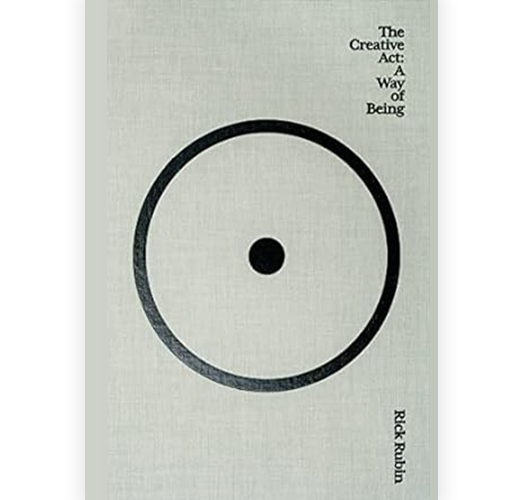
The Creative Act: A Way of Being
In his book The Creative Act, legendary music producer Rick Rubin shares insights from a lifetime spent helping artists connect to and hone their creative spirit. This is the kind of book that can open your eyes and shift your viewpoints. It’s a perfect counterbalance to the financial reports, market analysis and economic data that investment professionals read on a daily basis.
Recommended By: Robert Wilson, Senior Vice President, Head of Portfolio Construction Consultation Service
